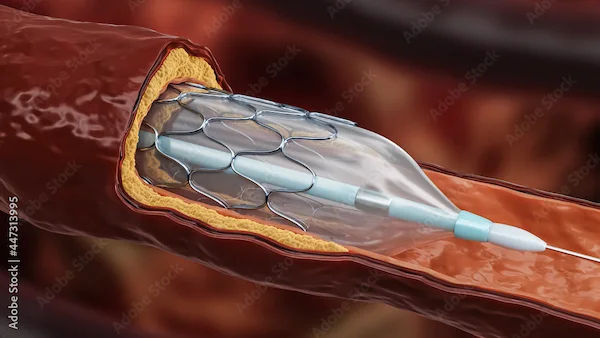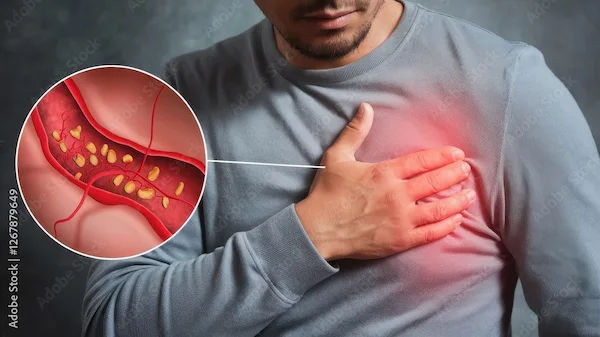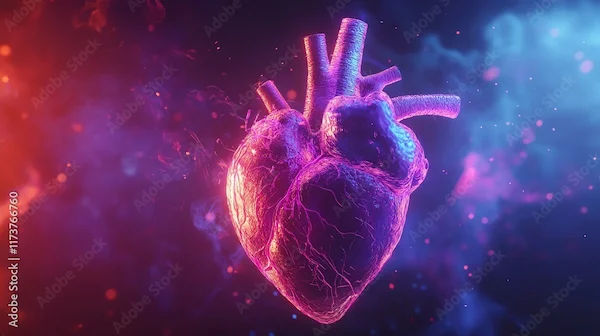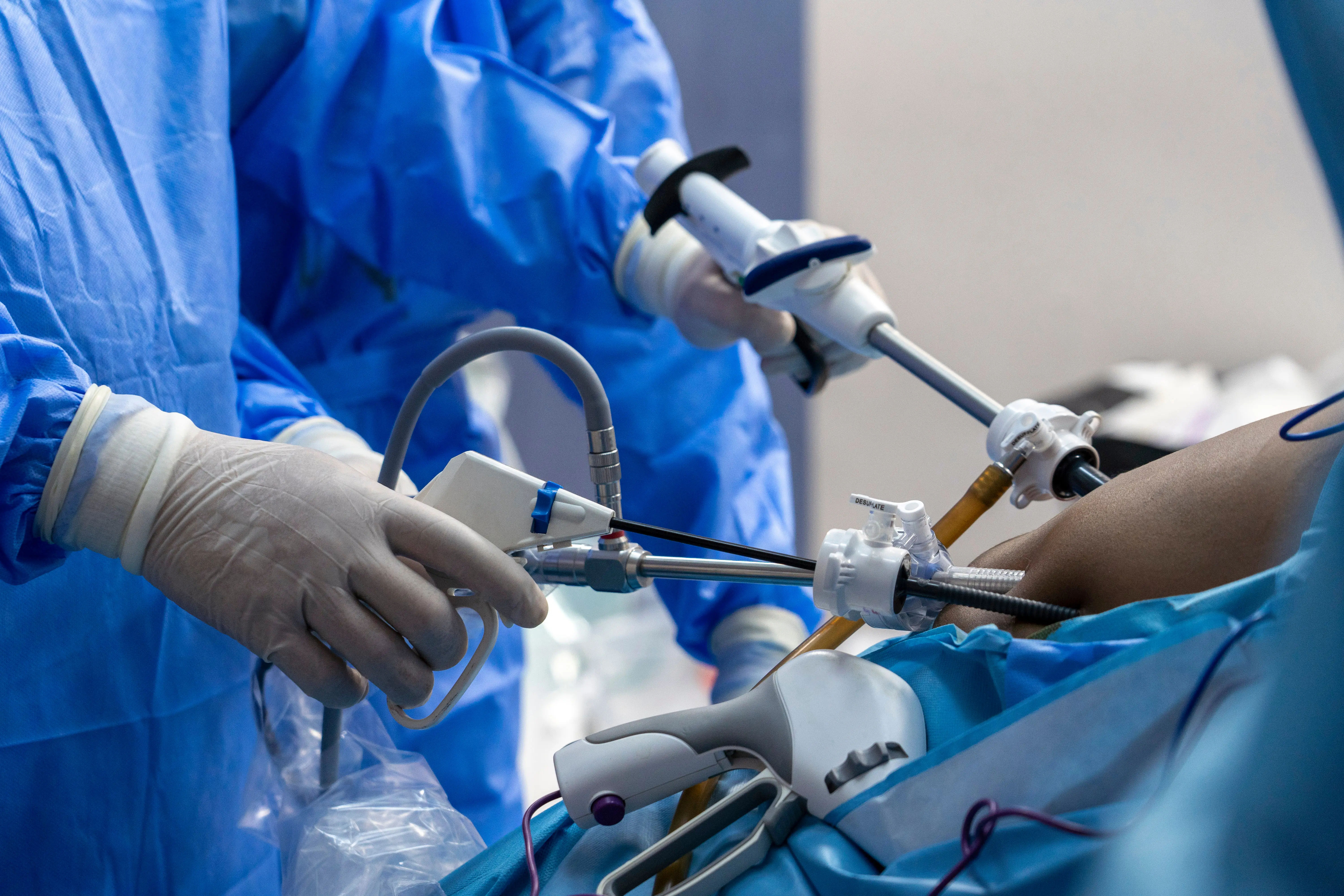How To Take Care After Angioplasty?
Recovering from angioplasty? Discover essential care tips, lifestyle changes, and precautions to support a heart-healthy recovery.

Written by
Last updated on 7th Jul, 2025

Introduction
Undergoing an angioplasty can be a life-changing experience. It helps restore blood flow to your heart by opening blocked arteries, reducing chest pain, and lowering the risk of a heart attack. However, recovery is just as important as the procedure itself. Proper care after angioplasty ensures a smooth healing process and long-term heart health.
This guide will walk you through essential post-angioplasty care tips, lifestyle changes, and precautions to help you stay healthy and active.
Understanding Angioplasty Recovery
Angioplasty is a minimally invasive procedure where a small balloon is used to widen a narrowed artery, often followed by placing a stent (a tiny mesh tube) to keep the artery open. While the procedure is quick, recovery takes place in stages, starting with the first few days after the procedure.
Immediate Post-Procedure Care (First Few Days)
The first week is crucial for healing and avoiding complications. Here's what to keep in mind:
1. Rest & Avoid Strain
Give your body time to recover by avoiding physical exertion and protecting the catheter insertion site.
Avoid heavy lifting, pushing, or pulling for at least a week.
Keep the insertion site (usually the wrist or groin) clean and dry.
Watch for bleeding, swelling, or bruising at the site—report any unusual symptoms to your doctor.
2. Stay Hydrated
Drinking plenty of fluids helps flush out the contrast dye used during the procedure and supports overall recovery.
3. Take Prescribed Medications
Continue taking all medications as advised to prevent blood clots, manage cholesterol, and support heart function.
Blood thinners (like aspirin or clopidogrel) prevent clots around the stent.
Cholesterol-lowering drugs (statins) help keep arteries clear.
Blood pressure medications may also be prescribed.
Consult Top Specialists for Personalised Heart Health Advice
Long-Term Recovery & Lifestyle Changes
Recovery doesn’t stop after the first week. Long-term heart health depends on making positive lifestyle changes.
1. Heart-Healthy Diet
A balanced diet plays a crucial role in preventing future blockages.
Eat More:
Fresh fruits, vegetables, whole grains, and legumes.
Lean proteins like fish, skinless chicken, and plant-based proteins.
Healthy fats from nuts, seeds, olive oil, and avocados.
Avoid or Limit:
Fried, processed, and high-sodium foods.
Sugary snacks and beverages.
Excessive red meat and full-fat dairy.
2. Regular Exercise
Physical activity strengthens the heart and improves circulation.
Start with walking 10-15 minutes daily and gradually increase.
Avoid strenuous exercises like weightlifting and running until your doctor approves.
Aim for 150 minutes of moderate exercise per week like brisk walking, swimming or cycling.
3. Quit Smoking & Limit Alcohol
Lifestyle habits like smoking and alcohol consumption can counteract the benefits of angioplasty.
Smoking damages blood vessels and increases heart risks.
Limit alcohol intake to 1 drink per day for women or 2 drinks per day for men, if at all.
4. Manage Stress
Chronic stress can negatively impact heart health. Try:
Deep breathing exercises, meditation, or yoga.
Engaging in hobbies, spending time with loved ones.
5. Monitor Weight & Blood Pressure
Keeping your weight, blood pressure, and cholesterol in check reduces your heart’s workload.
Maintain a healthy weight to reduce strain on your heart.
Check blood pressure and cholesterol levels regularly.
Medication Adherence & Follow-Up Visits
Staying on track with your prescribed medications and check-ups is essential for long-term success.
Why Medications Are Important
Blood thinners prevent clots inside the stent.
Statins lower cholesterol and reduce artery plaque buildup.
Beta-blockers/ACE inhibitors help control blood pressure and heart workload.
Never stop medications without consulting your doctor.
Regular Check-ups
Routine follow-ups allow your care team to monitor your heart’s recovery and make necessary adjustments.
Report any recurring symptoms such as chest pain, dizziness, or shortness of breath.
Ask questions and share concerns during each visit to stay informed about your progress.
Warning Signs to Watch For
While complications are rare, seek immediate medical help if you experience:
Chest pain or discomfort similar to pre-angioplasty symptoms.
Severe bleeding, swelling, or infection at the insertion site.
Shortness of breath, dizziness, or fainting.
Irregular heartbeat or extreme fatigue.
When to Resume Normal Activities?
Getting back to daily life should be gradual and guided by medical advice. Here's a general timeline:
Driving: Usually after 2-3 days (unless advised otherwise).
Work: Desk jobs – within a week; physically demanding jobs – may take longer.
Exercise: Light activities after a few days, intense workouts only after doctor’s approval.
Travel: Avoid long flights or trips for at least 2 weeks.
Final Thoughts
Angioplasty is a major step toward better heart health, but recovery depends on how well you take care of yourself afterwards. By following a heart-healthy diet, staying active, taking prescribed medications, and attending follow-ups, you can significantly improve your long-term well-being.
If you have any concerns or need guidance, don’t hesitate to consult a cardiologist. Apollo24|7 offers expert consultations and cardiac care—book an appointment today for personalised advice.
Consult Top Cardiologists
Consult Top Specialists for Personalised Heart Health Advice

Dr. Dayanashre N
General Physician
3 Years • MBBS
Bengaluru
PRESTIGE SHANTHINIKETAN - SOCIETY CLINIC, Bengaluru

Dr. Sushith C
General Physician
2 Years • MBBS
Bengaluru
PRESTIGE SHANTHINIKETAN - SOCIETY CLINIC, Bengaluru

Dr. Bhethala Sharan Prakash
General Physician/ Internal Medicine Specialist
5 Years • MBBS MD
Bengaluru
PRESTIGE SHANTHINIKETAN - SOCIETY CLINIC, Bengaluru

Dr. Anand Ravi
General Physician
2 Years • MBBS
Bengaluru
PRESTIGE SHANTHINIKETAN - SOCIETY CLINIC, Bengaluru

Dr. Sarita Rao
Cardiologist
17 Years • MBBS, DM (Cardiology)
Indore
Apollo Hospitals Vijay Nagar, Indore
Consult Top Cardiologists

Dr. Dayanashre N
General Physician
3 Years • MBBS
Bengaluru
PRESTIGE SHANTHINIKETAN - SOCIETY CLINIC, Bengaluru

Dr. Sushith C
General Physician
2 Years • MBBS
Bengaluru
PRESTIGE SHANTHINIKETAN - SOCIETY CLINIC, Bengaluru

Dr. Bhethala Sharan Prakash
General Physician/ Internal Medicine Specialist
5 Years • MBBS MD
Bengaluru
PRESTIGE SHANTHINIKETAN - SOCIETY CLINIC, Bengaluru

Dr. Anand Ravi
General Physician
2 Years • MBBS
Bengaluru
PRESTIGE SHANTHINIKETAN - SOCIETY CLINIC, Bengaluru

Dr. Sarita Rao
Cardiologist
17 Years • MBBS, DM (Cardiology)
Indore
Apollo Hospitals Vijay Nagar, Indore




